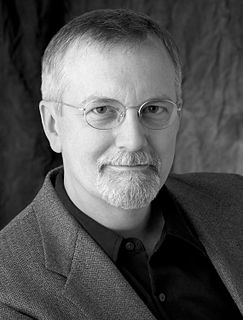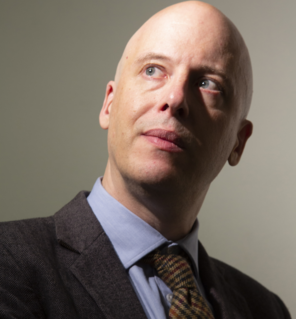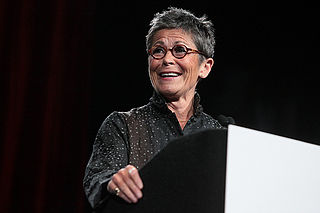A Quote by Charles J. Shields
If literary terms were about artistic merit and not the rules of convenience, about achievement and not safety, the term 'realism' would be an honorary one, conferred only on work that actually builds unsentimental reality on the page, that matches the complexity of life with an equally rich arrangement in language.
Related Quotes
When I'm writing, it's about the page. It's not about the movie. It's not about cinema. It's about the literature of me putting my pen to paper and writing a good page and making it work completely as a document unto itself. That's my first artistic contribution. If I do my job right, by the end of the script, I should be having the thought, 'You know, if I were to just publish this now and not make it . . . I'm done.
Any artistic achievement that is tailored to conform to social demands rather than to the real, uninhibited, feelings of its creator, is destined not to reach the heights of achievement, or even fail. It is only when an artist is dis-inhibited that he or she can reach the heights of artistic achievement.
I would argue, for perspective's sake, that the arc of a really literary work is precisely that it both intensely reflects, and simultaneously transcends the conditions of its making. I would say that is the difference between literature and other kinds of writing. That is what the literary is - it ultimately doesn't matter what his circumstances were. And the thing that you were just saying about being sympathetic to Brontë and the fact that she could only write what she wrote when she wrote it... that's true. But look at that novel, which means so much to so many people.
I want to write about people I love, and put them into a fictional world spun out of my own mind, not the world we actually have, because the world we actually have does not meet my standards. Okay, so I should revise my standards; I'm out of step. I should yield to reality. I have never yielded to reality. That's what SF is all about. If you wish to yield to reality, go read Philip Roth; read the New York literary establishment mainstream bestselling writers
The good thing about rules is if you have to do an interview, and you make some rules for that interview, like, "I can only ask him about five years of his life or her life," it narrows down your story. It's the same thing with acting. In my profession, if I say, "These are the rules for this character," all of the sudden, you create life.
When I use the term "complex realism", what I'm suggesting is that the writer must be realist, always realist, but not realist in the sense we have usually used the term in literature. If reality today is different from the reality of 30 years ago, we can't keep describing reality in the same way as we did 30 years ago.
Every time I traveled to a new city, I would learn about local heroes I did not know about, and I would learn about their very impressive contribution to their cities. There are nuanced senses that only people from the region can understand, and no amount of globalization can change that. It's almost like a maxim of a sorts, when you think about language, the way that people speak in a location. It does happen with architects, in terms of how they engage cities.
In his second term, [Ronald] Reagan completed the work of his first term - the rich got really rich, everything was deregulated, advocacy programs were quashed, the Savings and Loan program was trashed, the deficit was tripled, unions were busted, Housing and Urban Developing was in shambles, banks were closing, the military got lots of new toys, the religious right was strong, and AIDS was ignored.







































